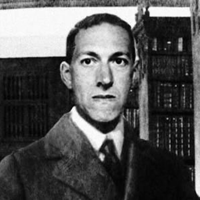Jules Verne typ osobowości MBTI
Osobowość
"Jaki typ osobowości jest {profilename}? {profilename} jest typem osobowości {mbti} w mbti, {enneagram} - {iv} - {tritype} w enneagram, {big5} w Big 5, {sociionics} in Socionics."
I would have said ENTP initially, but I'm reading 20,000 Leagues Under the Seas currently (pun intended) and you can really pick up on his Si tertiary function. The level of detail that he'll go into to describe how something is supposed to work in reality is totally unnecessary for a good story, but adds a convincing element of believability to his work. He even goes into the scholarly details of what's happening by making the main character a professor of Natural Science. We see the world through his lens and experience the same awe and wonder as this professor. I think an ENTP like myself would get tired and bogged down by all the little details, but it seems Verne finds much joy in them, even his characters go on gleefully winded speeches about how such and such works on the submarine or with the gear. I sometimes get bogged down by reading about every single fish the Professor sees in the sea, so I couldn't imagine actually taking the effort to jot that down and leave it in the book to torture others with. That being said, his joy of Si is infectious sometimes, and I was really fascinated with how certain objects like [spoiler] the gun that fired exploding glass bulbs of electricity to stun fish. Very creative and inventive, but also with some sense of Si to back up his inventions. For sure an INTP.
Biografia
Jules Gabriel Verne (8 February 1828 – 24 March 1905) was a French novelist, poet, and playwright. Verne was born in the seaport of Nantes, where he was trained to follow in his father’s footsteps as a lawyer, but quit the profession early in life to write for magazines and the stage. His collaboration with the publisher Pierre-Jules Hetzel led to the creation of the Voyages extraordinaires, a widely popular series of scrupulously researched adventure novels including Journey to the Center of the Earth (1864), Twenty Thousand Leagues Under the Sea (1870), and Around the World in Eighty Days (1873).
Osobowość correlate
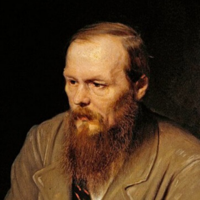
Fyodor Dostoevsky
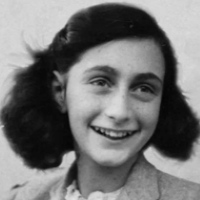
Anne Frank
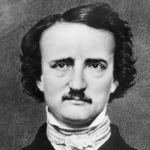
Edgar Allan Poe

William Shakespeare
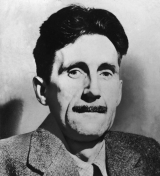
George Orwell
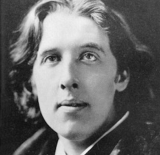
Oscar Wilde
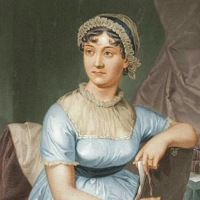
Jane Austen
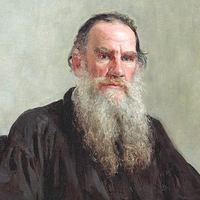
Leo Tolstoy (Лев Толсто́й)



